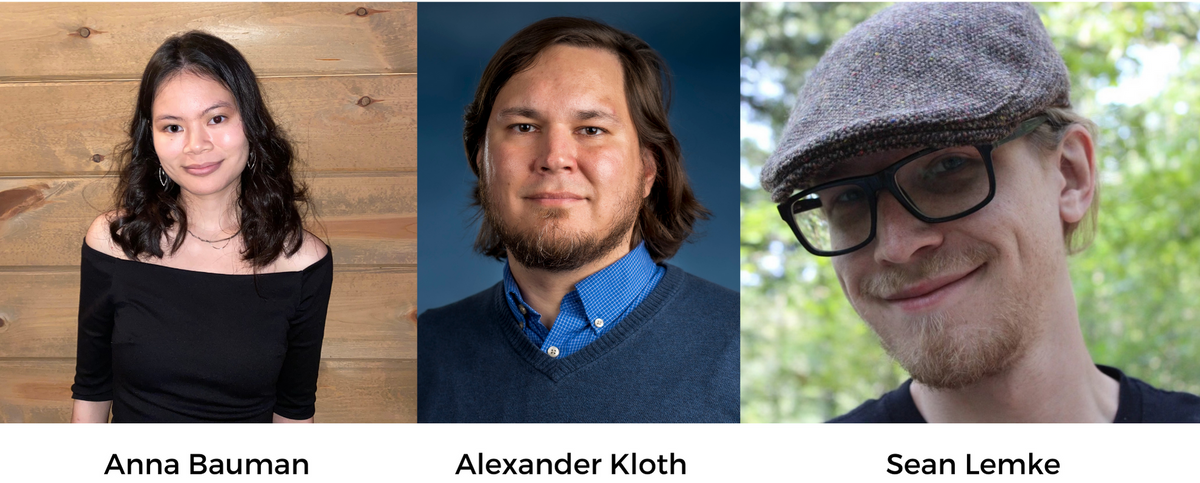Neuroscience minor available to students

Anna Bauman and Sean Lemke didn’t plan to study neuroscience. Now, both Augustana seniors have almost completed a neuroscience minor.
The two were introduced to the field as freshmen. Bauman took a neuroscience-themed FYS course and became fascinated with the study. She later enrolled in Neurophysiology and continued to join more classes related to the discipline.
Lemke began his university education as a history major; however, the courses in evolutionary psychology and the philosophy of the mind sparked his curiosity about neuroscience and changed his academic pursuits.
All Augustana students now have the same opportunity to further study the intricacies of neuroscience.
Fall 2022 marks the first semester Augustana has offered a neuroscience minor. Biology professor Alexander Kloth leads the program, which currently has 22 enrolled students.
Before Augustana added the minor, students could take neuroscience classes by selecting an emphasis area in the biology and psychology majors.
Kloth and his cohorts noticed students from outside departments were interested in neuroscience but lacked access to a neuroscience program, as the select emphasis courses were built into the two majors.
About a year ago, Augustana began creating a neuroscience minor to provide students from across campus with access to the growing field.
While neuroscience is a scientific study, the minor is not limited to students with a science major.
“Part of the joys of a liberal arts education is understanding how other people think about things,” Kloth said. “So you’re just excited about the brain and just want to learn more. I think that’s a sufficient reason to take the minor.”
Students must take eight courses to earn a neuroscience minor. Two prerequisite courses, Biological Principles and General Psychology, provide a foundational background. Then students enter the minor’s core classes: Behavioral Neuroscience and Neurophysiology.
In Behavioral Neuroscience, students will learn about the relationship between the brain and behavior. Neurophysiology then goes more in-depth and focuses on the biological mechanisms of this relationship, according to Kloth.
Lemke is currently a student in Neurophysiology, which he said takes an engaging approach.
“We’re almost following along with the trajectory of the past 100 years of neuroscience that led us to where we’re at right now,” Lemke said. “We’re learning about the experiments that became foundational for the field, and we’re also doing them. So it’s not just like reading from a textbook.”
To conclude their minor, students will take a neuroscience seminar, which will be all-encompassing.
“It’s designed to be reflective, to help students kind of put together everything they’ve done from neuroscience and think about how it’s going to impact their vocation and kind of their learning and their identity in the future,” Kloth said.
In addition to the five core classes, students must take at least three elective courses from two different departments. These electives include disciplines such as religion, communication disorders, special education, philosophy and computer science.
“That kind of adds interdisciplinarity and breadth to the minor,” Kloth said. “It allows you to think about the brain in different ways than the core classes have you think about it.”
Bauman said she is excited for other students to have the opportunity to learn more about the inner workings of the brain and behavior.



